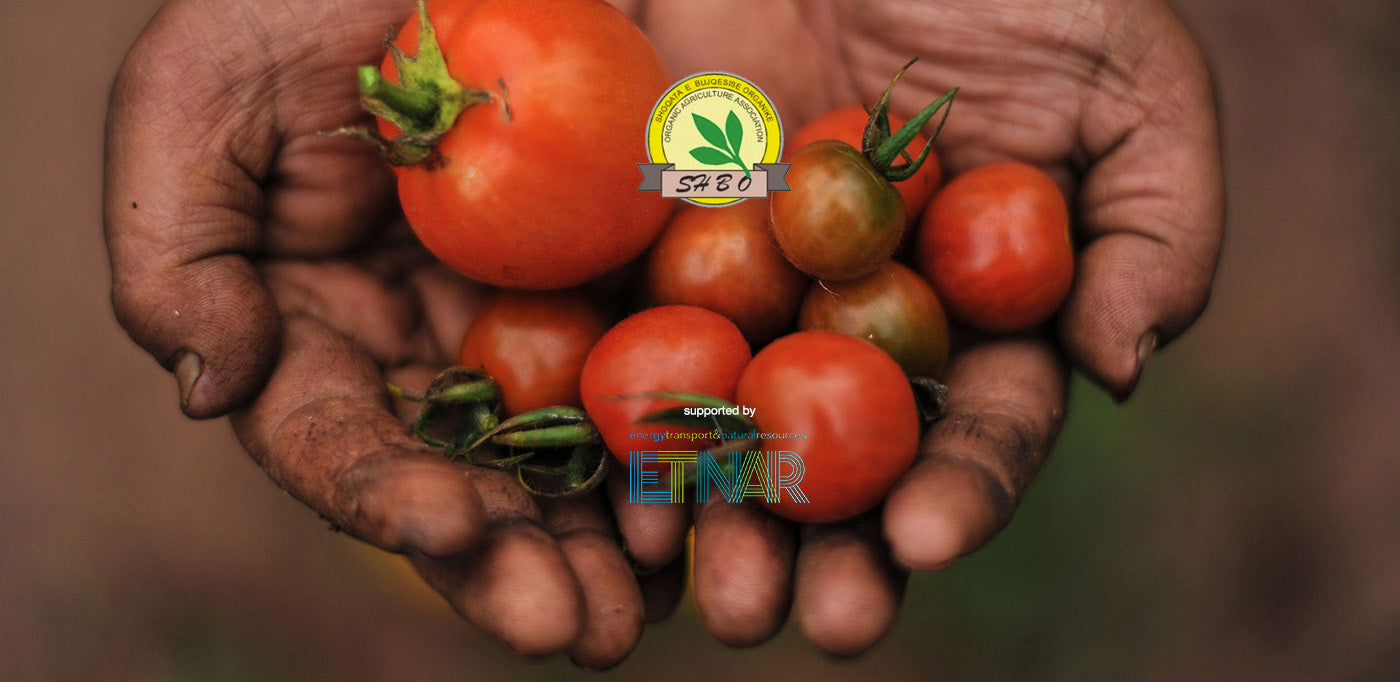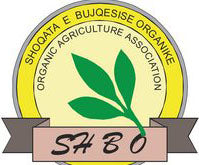The Challenges of Organic Albania

The organic sector seems to be in vogue.
Paying $3 for a serving of salad might seem outrageous, but people are willing to pay 10, 20 or even 40 percent more for certain grocery store items, if the food is produced organically.
Consumers cite many reasons for buying organic, most of them involving the perception that organic food is more nutritious, better for the environment, or is in some other way healthier than conventionally raised food. Albania is an ideal source of organic production: rich farmland, warm weather, mild climate and fertile soil, yet the country’s organic sector lingers on its embryonic state. We have around 100 producers and 0.01% of all arable land is used for organic agriculture. At the regional level, Albania is probably the country with the smallest surface devoted to organic agriculture.
According to the data available by Albinspekt for AgroWeb, there are only 38 certified Organic Farms. The market for organic products is still very small, seasonal, fragmented, and quite personalized. This hampers the involvement of traders and retailers, whose business logic is based on bigger volumes and permanent supply, during the whole year. For instance, in the Durrës area, one organic vegetable farmer is also assuming the role of a collector, trader, and retailer, and has a sales stand in the Durrës wholesale market.
In Vlorë, Shkodër, and Tirana, organic vegetable producers cooperate closely with retail shops and restaurant owners to ensure frequent deliveries. Regardless of the hurdles the organic sector in Albania is developing dynamically. “Organic agriculture is now a reality with positive impact for producers, consumers and environment, and not only for actual generations but for the future generations, too”, notes Prof Enver Isufi of the Institute of Organic Agriculture. Although there is an organic legislation in Albania since 2004, it took a few years to implement it.
A crucial year was 2007, when the Albanian government recognized the potential of organic agriculture for a sustainable and prosperous development of Albania’s agriculture sector as part of the national strategy. According to the Minister of Agriculture, Edmond Panariti, Albania has a bright prospective for the growth of organic products as the country has potential to establish 200 organic farms.
Being a small country with a mountainous relief and a wide range of agro-ecological zones, rural areas have interesting comparative advantages for environmentally-friendly production schemes. It seems that modern organic production will convert a certain backwardness in remote areas in an advantage, considering that agricultural practice in these areas is environmentally sound, based mainly on the use of manpower and not on chemical inputs. Currently, the export market for organic produce from Albania relates very strongly to natural resources that are grown and collected in rural areas of the country. Most important are medicinal and aromatic plants (MAPs), mushrooms, chestnuts, and wild collected fruits. These crops relate to the 250’000 hectares of organically certified land for wild collection, involving thousands of collectors in different rural areas. Through middlemen, these actors are then linked with a few companies, who then process this raw material and export it as final or semi-final product (i.e. ingredients for food and cosmetic industry). The clients of these companies are mostly importing companies from different European countries, specialized either on trading of organic ingredients or have a processing line for final products. A special export opportunity relates also to organic olives, where currently two Albanian companies are involved, with exports mainly to Switzerland. Organic olive production, medicinal herbs, chestnuts, organic strawberries, grapes, apples and every other organic product opens a window of opportunity for Albania’s organic agriculture. As for those that are forward looking, organic represents opportunity.
